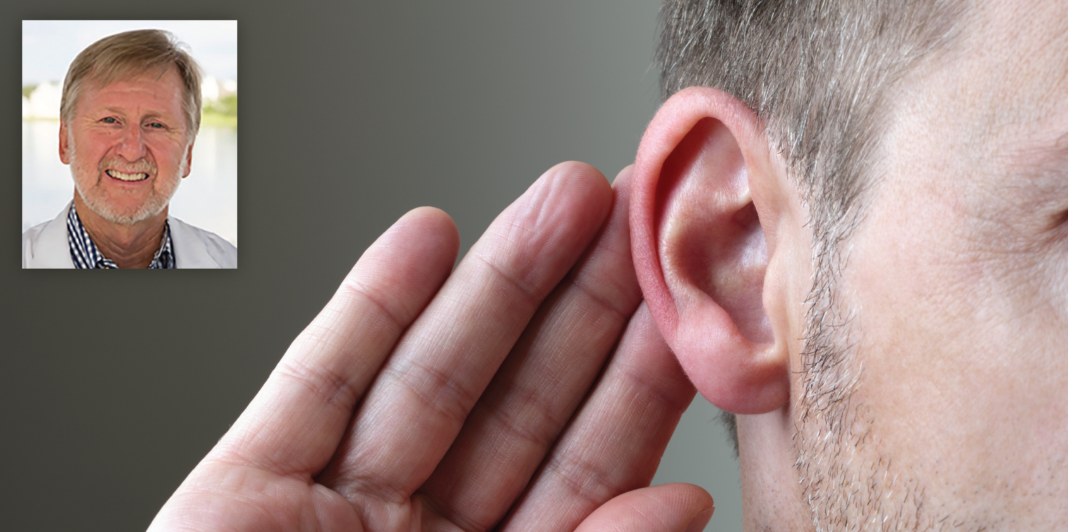Sudden Hearing Loss — A Medical Emergency
I want to discuss a situation many in the general public have never heard of. Unfortunately, many medical personnel working in minor clinics, urgent care, or emergency rooms need help understanding. The disease process is known as sudden onset hearing loss. The official medical name is idiopathic sudden hearing loss. The word idiopathic means the cause is unknown.
The condition is most believed to be the result of a viral infection inside the hearing portion of the inner ear, called the cochlea. Inside the cochlea are thousands of microscopic hairs that vibrate after exposure to sound waves. These vibrations transform into electrical energy going to the brain. A viral infection is believed to damage these hair cells, sometimes very quickly.
A typical patient with this problem may suddenly wake up one morning with hearing loss in one ear. In addition to hearing loss, other symptoms can make the diagnosis confusing. Often the affected ear feels plugged or stuffed up, like with a head cold or allergies. Sometimes there is slight dizziness, but generally not.
Another confusing part of the picture is no other sign of viral illness such as a head cold, fever, or flu-like symptoms. So, a person who has this problem after at least one or two days will usually seek medical help. Unfortunately, the condition can get diagnosed as fluid behind the eardrum associated with allergy or other nasal stuffiness. I am not trying to be critical of the physicians, nurse practitioners, physician assistants, or others who work in primary care or small urgent care-type clinics. It is just a simple fact from years of experience in this field that many of those I described above do not have enough training and know what ears are supposed to look like, and if there is a small amount of clear fluid behind an eardrum, it can be challenging to assess.
The reason you do not want to delay diagnosis is that it can directly affect the recovery of hearing. There are well-accepted treatments to help restore hearing due to inflammation in the inner ear. However, for them to have a chance of success, they almost must be started within two weeks of onset; four weeks is probably too late.
Now I want to describe a simple technique for both patients and examiners of patients to determine the source of hearing loss. If you have a problem, you can do this at home.
Put your finger in one ear, totally plugging it from the outside world. Then hum to yourself. If the sound is louder in the plugged ear, you have a problem, such as fluid behind the eardrum. The fluid acts like your finger-blocking sound coming from the outside world, but the humming inside your head sounds louder. Believe it or not, HUMMING can make the diagnosis. Try this, even if you have no sudden loss of hearing. Put a finger into one ear, blocking it, then hum. It should sound louder in your chosen ear because the other ear has the outside world noise in competition. If you have noted sudden hearing loss, hum fairly loudly – no finger plug is required. If the sound is louder in the bad ear, it is fluid or wax plugging the ear, not an emergency. If the humming is louder in the other ear, it means the inner ear is damaged, and you need to see a medical facility as soon as possible to start high-dose steroids.
While this condition is somewhat rare, I see a patient with this condition at least once a week referred to me. Because of that, please be aware that if you suddenly lose hearing, don’t take it lightly. Try the hum test and seek attention quickly. Hearing is precious, and we must do everything we can to save it.















